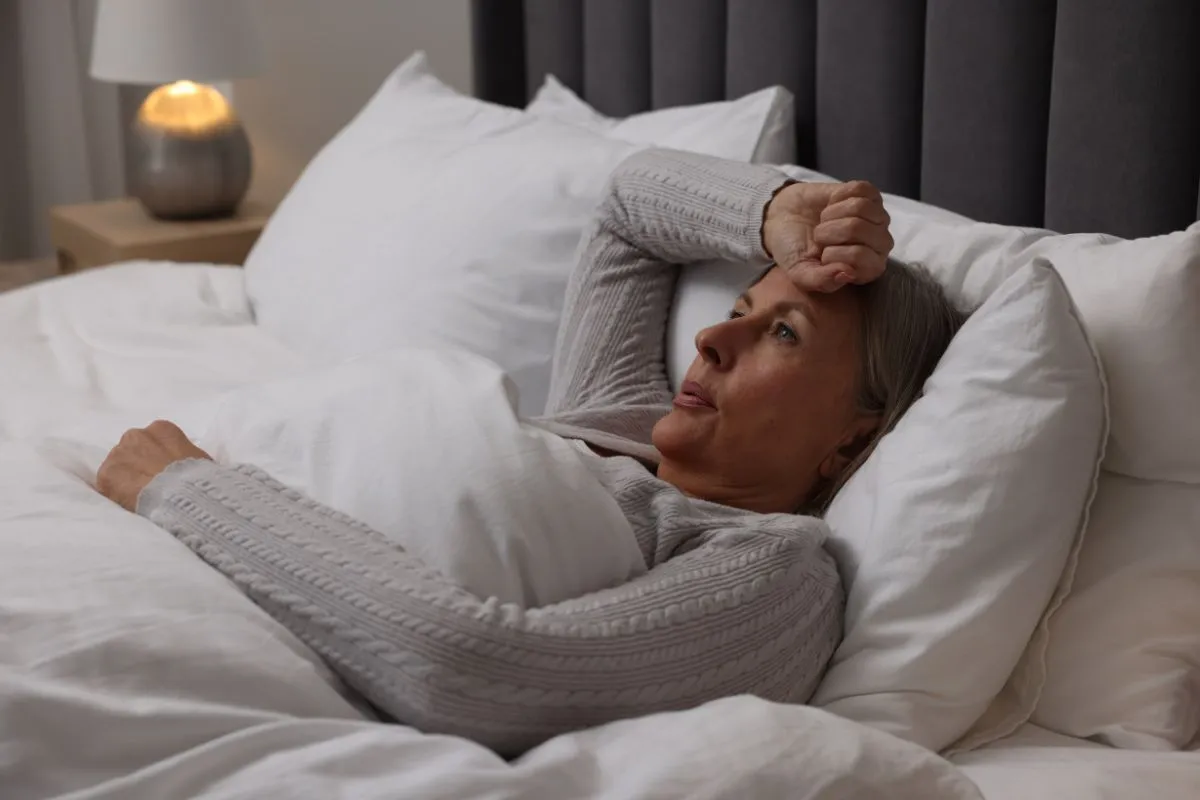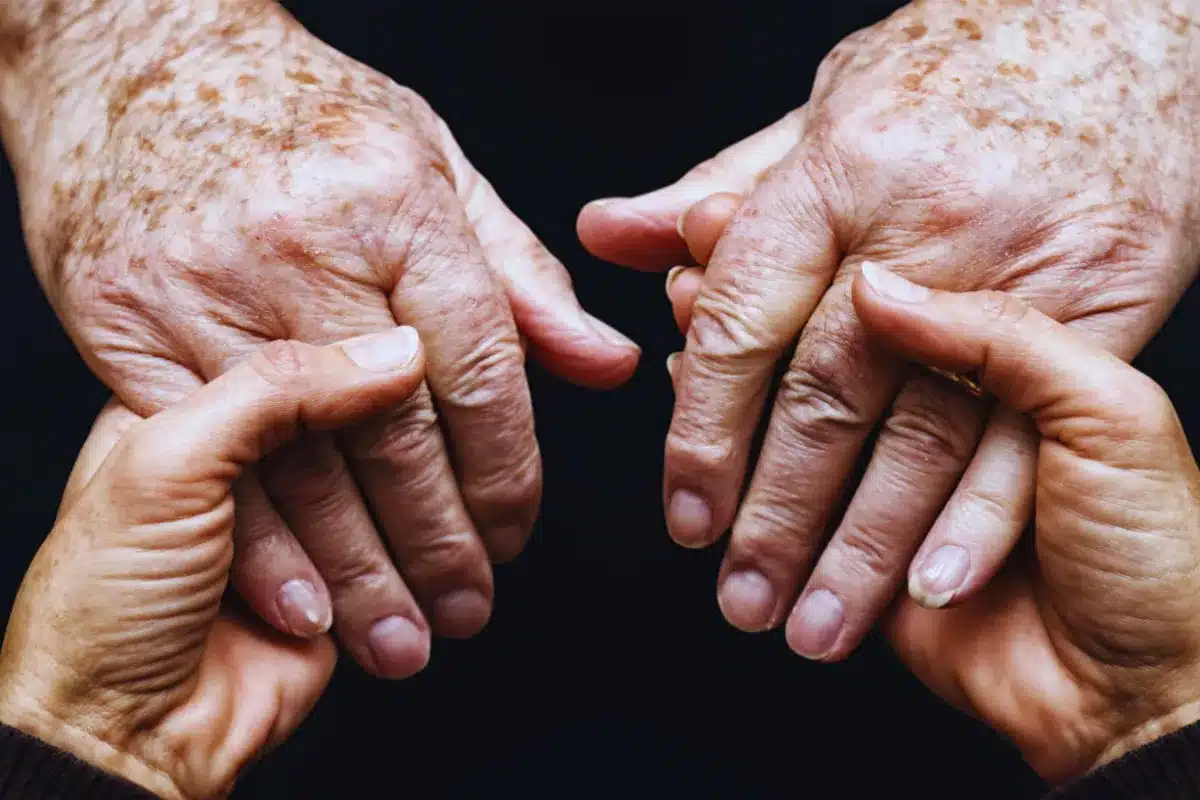WORDS: Zilu Zhang, Sleep Psychology Lab, PhD (Research)
Zilu’s research focuses on the intersection of insomnia and aging, specifically examining their effects on emotion processing, which includes emotion recognition, emotion regulation, and emotional memory.
There are many factors that contribute to sleep challenges in older adults, ranging from physical changes to psychological stress and environmental adjustments. Here we offer some potential strategies to enhance sleep quality and overall health in the golden years.
Insomnia disorder
Insomnia is a sleep disorder characterised by persistent difficulty falling asleep, difficulty maintaining sleep, and/or early awakening, despite adequate sleep opportunities and/or sleep environment (Sateia, 2014). For a diagnosis of insomnia disorder, these difficulties with sleep must occur at least three times per week and persist for at least three months (American Psychiatric Association, 2013). Furthermore, significant clinical distress and impairment in critical areas of daytime functioning must be present. Insomnia disorder can impact an individual’s health but also increases the risk of various mental disorders and physical illnesses such as dementia, hypertension, diabetes, and other diseases. (Fortier-Brochu & Morin, 2014; Irwin & Vitiello, 2019; Kyle et al., 2014).
Insomnia in older adults
As we grow older, life changes in many ways. There are hormonal shifts, alterations in brain structure and function, and the onset of some age-related diseases. These all collectively contribute to changes in sleep patterns. The sleep-wake cycle undergoes significant fragmentation, including overnight awakenings, difficulty returning to sleep after waking, and more frequent daytime napping (Gao & Scullin, 2023). This sometimes means more time in bed, with less time actually sleeping. Epidemiological studies report that 43% of older adults experience difficulties with sleep initiation or maintenance, with another survey indicating that 46% of community-dwelling residents aged 65 to 70 years report symptoms of insomnia, underscoring its prevalence in this demographic (Miner & Kryger, 2017).
Below are some of the factors that we know can impact sleep for older adults.
1. Physiological Factors Affecting Sleep in Older Adults
Ageing can be accompanied by a decline in some physical and cognitive functions, which profoundly impacts the sleep patterns of older adults. Chronic diseases may become more prevalent, with conditions like arthritis, cardiovascular diseases, lung disorders, gastroesophageal reflux, cancer, and diabetes commonly reported (Salive, 2013). Approximately 90% of adults over the age of 65 are prescribed medications to manage these chronic conditions, and more than a third regularly take five or more different drugs (Charlesworth et al., 2015). The discomfort from medical conditions and the emotional disturbances they cause can lead to increased nighttime awakenings and excessive daytime sleepiness among older adults. Moreover, there is a positive correlation between the diagnosis of chronic diseases and sleep disorders, including insomnia, sleep apnea, and restless legs syndrome. Medications taken to manage various medical conditions can induce daytime sleepiness, disrupt circadian rhythms, and lead to comorbid insomnia. It is important to note that this is an interactive process; not only can these physiological conditions lead to sleep disturbances, but the sleep disturbances themselves can also negatively impact these medical diseases and their related symptoms.
2. Psychosocial Factors Affecting Sleep in Older Adults
Older adults’ sleep quality may also be influenced by various psychosocial factors. Different aspects of aging may cause psychological stress, tension, anxiety, or depression (Gulia & Kumar, 2018; Smagula et al., 2016). For example, concerns about personal health tend to increase with age, with physiological changes creating psychological stress. This can affect mental health and may lead to the development of psychological disorders such as depression. Difficulty adapting to role changes can also cause psychological strain. Many older adults who retire from active, structured work lives struggle to adapt, potentially experiencing tension, anxiety, and a lack of confidence.
3. Lifestyle and Environmental Factors
There are certain lifestyle habits such as smoking, excessive alcohol consumption, and improper diet that can lead to sleep issues. Nicotine in cigarettes and alcohol both have stimulating effects, while eating heavy or rich meals late in the evening can overload the digestive system and impair sleep quality. Changes in social and lifestyle patterns also contribute to sleep problems among older adults. Retired older adults tend to have more flexible and irregular sleep schedules, characterised by more frequent daytime napping. This can disturb sleep homeostasis and circadian rhythm regulation, contributing to difficulty sleeping overnight. Environmental factors such as temperature, noise, and lighting conditions also play a significant role in the sleep quality of older adults (Hanford & Figueiro, 2013).
4. Gender Differences in Insomnia: The Impact of Menopausal Transition on Older Women
Insomnia faced by middle-aged and older women is closely related to gender differences. Women have a 58% higher risk of insomnia compared to men (Zeng et al., 2020), particularly during the menopausal transition. Research shows that sleep disturbances are significantly more common during this period, with 40% to 56% of peri-menopausal women experiencing sleep disturbance, compared to 31% of premenopausal women (Baker et al., 2018; Pengo et al., 2018).
The menopausal transition, which can span 4 to 8 years leading up to menopause, involves changes in hormone levels, notably estrogen and progesterone (Mehta & Manson, 2024). These hormones play crucial roles in regulating sleep processes and their fluctuations can trigger insomnia episodes. For example, declining estrogen levels are associated with the common menopausal symptoms of hot flashes and night sweats, which can disrupt sleep (Santoro et al., 2021). Additionally, the onset of menopause often leads to more profound sleep disturbances compared to those associated with aging alone, affecting women’s overall health and quality of life.
Practical strategies for managing insomnia in older adults
1. Environmental and Behavioural Interventions
- Regular Sleep-Wake Schedules: Establishing consistent sleep and wake times helps regulate the circadian rhythm. For older adults, maintaining a stable sleep pattern can minimise the disruptions associated with age-related changes in the biological clock.
- Light Exposure: Ensuring ample exposure to natural light during the day helps synchronize the internal clock. Reducing exposure to intense light in the evening is beneficial for enhancing sleep quality.
2. Dietary and Lifestyle Adjustments
- Avoiding Caffeine and Alcohol: Avoiding caffeine and alcohol a few hours before bedtime will help, as these substances can disrupt sleep.
- Balanced Diet: Heavy meals can impede sleep, lighter evening meals may be preferable.
- Physical Exercise: Older adults are encouraged to engage in regular, moderate-intensity activities like morning exercises or walking. Vigorous activities should be avoided in the evening. According to a systematic review by Vanderlinden et al. (2020), moderate-intensity exercise three times a week for 12 weeks to 6 months significantly improves sleep quality, reduces the time it takes to fall asleep, and increases total sleep time in older adults.
3. Relaxation and Temperature
- Warm Baths or Showers: Taking a warm bath or shower before bedtime can aid in relaxation, improving sleep onset by increasing peripheral body temperature. According to a review by Haghayegh et al. (2019), taking a 10-minute bath or shower at approximately 40oC before bedtime has been linked to notable improvements in sleep quality and sleep duration.
- Other Relaxation Exercises: Implementing deep breathing or progressive muscle relaxation can help relieve tension and stress, setting the stage for quality sleep.
4. Psychological Interventions
- Mindfulness and Meditation: Mindfulness training, which encourages attention and acceptance of the present moment, can reduce pre-sleep anxiety and cognitive activity, thus improving sleep (Khoury et al., 2015).
- Cognitive Behavioral Therapy for Insomnia (CBT-I): CBT-I addresses unhelpful sleep habits and misconceptions, offering an effective non-pharmacological treatment option that helps improve sleep for older adults (Hasan et al., 2022).
For more information on the Flinders Sleep Psychology Lab:









